An inflammatory response is a natural reaction of the body to damage or infections. This mechanism plays a crucial role in protecting against diseases. It is possible to detect an inflammatory response in blood tests, but not every increase in inflammatory levels indicates inflammation, and not every inflammation results in an equally significant increase in these specific values. In this article, we delve deeper into various inflammatory levels, precisely what they signify, when these levels are elevated, the causes of increased inflammatory levels, and what to do if you have heightened inflammatory levels. Read on for more information on this fascinating topic!
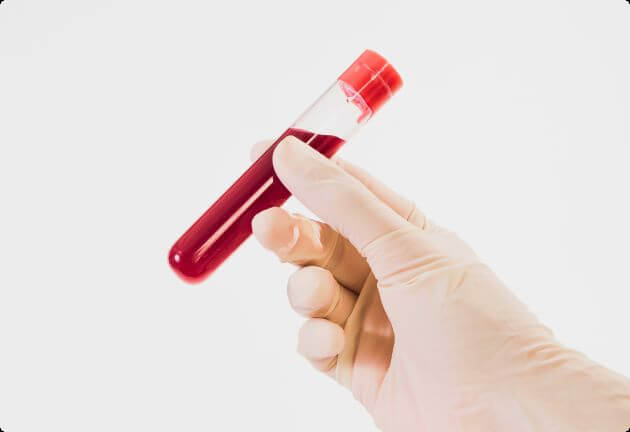
What are inflammatory markers?
In the blood, there are several values that provide information about the potential presence of inflammation. Inflammatory markers, also known as inflammation markers in the medical world, are complex substances in the blood that provide information about the possible occurrence of an inflammatory process in the body.
When someone presents with specific complaints, measuring inflammatory markers in the blood can offer indications of certain conditions. Measuring inflammatory markers can help to contextualize specific patient complaints properly. It provides the opportunity to better assess the potential cause of a particular complaint and which conditions should be considered. However, it is important to note that measuring inflammatory markers should always be considered in conjunction with other data, such as medical history and physical examination. Measuring an inflammatory marker alone does not provide sufficient information.
Which blood values indicate inflammation?
Several inflammatory markers can be measured in the blood. When these markers are elevated, it may indicate an infection, but this is not always the case. Elevated inflammatory markers can also occur in other situations, such as acute heart disease, injury, (severe) obesity, or after surgery. When inflammation is present, these markers will be elevated, but they do not specify the exact location of the inflammation in the body. It is crucial to interpret the results of the following blood tests in the context of the patient’s story, medical history, and physical examination.
The following inflammatory markers can be measured in the blood:
C-reactive protein (CRP)
CRP is a rapidly responding protein produced in the liver that appears in the blood within hours of an inflammatory response. It is often measured to detect inflammation, such as infections or autoimmune diseases, and to monitor the effectiveness of antibiotics, for example. CRP levels rise quickly during inflammation and decrease rapidly after recovery. CRP is also elevated in cases of damage, such as after surgical procedures.

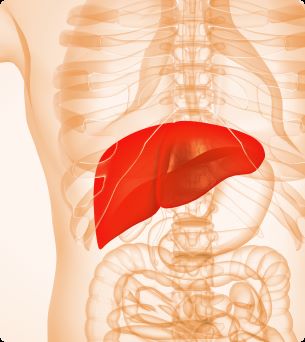
ESR or erythrocyte sedimentation rate
ESR is a laboratory test that indirectly measures inflammation through the sedimentation of red blood cells. In the presence of inflammation, red blood cells settle more slowly, resulting in an elevated ESR value. ESR is used to diagnose inflammation, autoimmune diseases, and disease progression.
White blood cells (leukocytes)
Leukocytes are the body’s defense cells. In the case of an infection, the body will produce more defense cells to combat the infection. The number of leukocytes will be elevated in the blood during an infection. Leukocytes are also elevated during exercise and pregnancy.
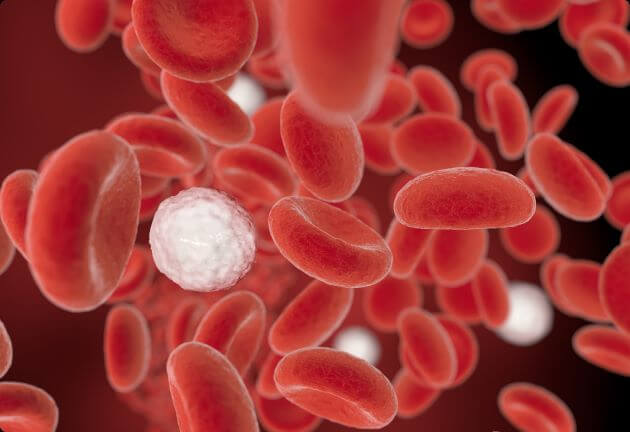
How high should inflammatory markers be?
As you can see, there are various inflammatory markers that can be measured in the blood. The results of these different values, combined with the patient’s symptoms and medical history, provide more information about a potential cause. But how high should the inflammatory marker be?
The normal values for the aforementioned inflammatory markers vary by laboratory. Generally, the following guidelines are used;
- CRP: A normal CRP level is usually lower than 10 milligrams per liter (mg/L).
- ESR: The normal range for ESR depends on gender and age.
- White blood cells (leukocytes): The normal range for the total number of white blood cells is typically between 4,000 and 11,000 cells per microliter of blood.
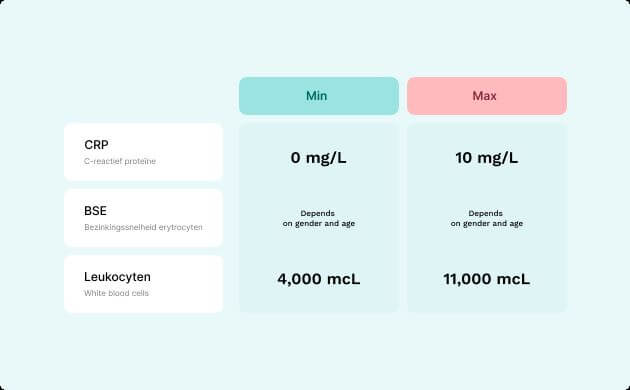
Causes of elevated inflammatory markers
Inflammatory markers in the blood can increase for various reasons. An elevated inflammatory marker itself does not provide much information; its value must always be seen in the context of the patient. The combination of personal data (such as gender and age), medical history, symptoms, physical examination, and the inflammatory marker collectively provides valuable information.
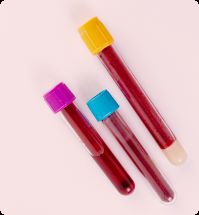


In the case of elevated inflammatory markers, the following conditions may be present:
Infections
One of the most common causes of elevated inflammatory markers is infections. Bacterial, viral, or fungal infections can enter the body and lead to an immune system inflammatory response. The immune system responds by producing inflammatory markers.
Autoimmune diseases
Autoimmune diseases, such as rheumatoid arthritis and inflammatory bowel diseases, are conditions where the immune system mistakenly attacks healthy tissues and organs. This results in persistent inflammation in the body. Inflammatory markers are elevated because the immune system is continuously active, even in the absence of an infection.




Joint disorders
Local inflammation can occur in joint disorders such as osteoarthritis. The cartilage in the joints may be damaged, leading to inflammatory responses in reaction to the damage. This can result in pain and swelling in the affected joint. In this case, there is no infection with bacteria or viruses, but rather a response of the body to damage.
Obesity
Overweight is associated with chronic, low-grade inflammation in the body. Fat cells produce inflammation-promoting substances, resulting in an increased risk of conditions such as type 2 diabetes and cardiovascular diseases.
Smoking
Smoking is a well-known cause of elevated inflammatory markers. The chemicals in tobacco smoke cause damage to the lungs and activate inflammatory responses as the body attempts to heal.
Stress
Prolonged stress can activate the immune system and cause inflammatory responses.
Related tests

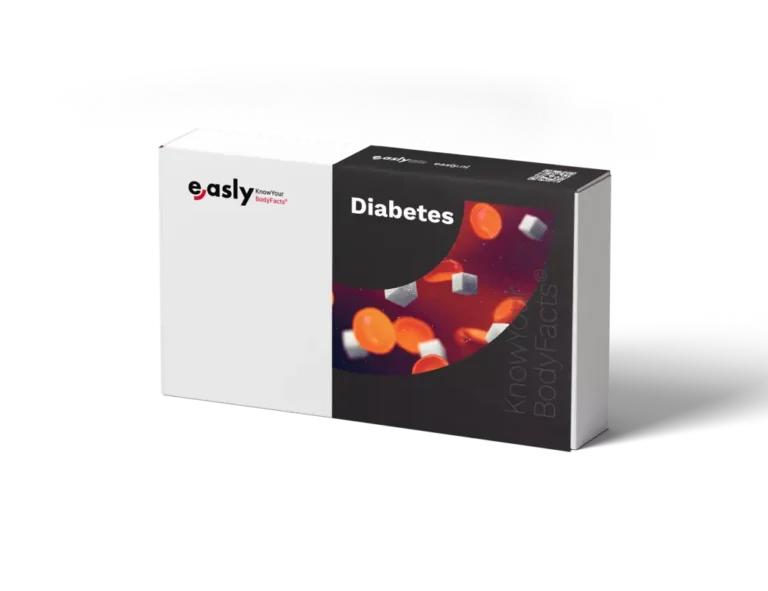
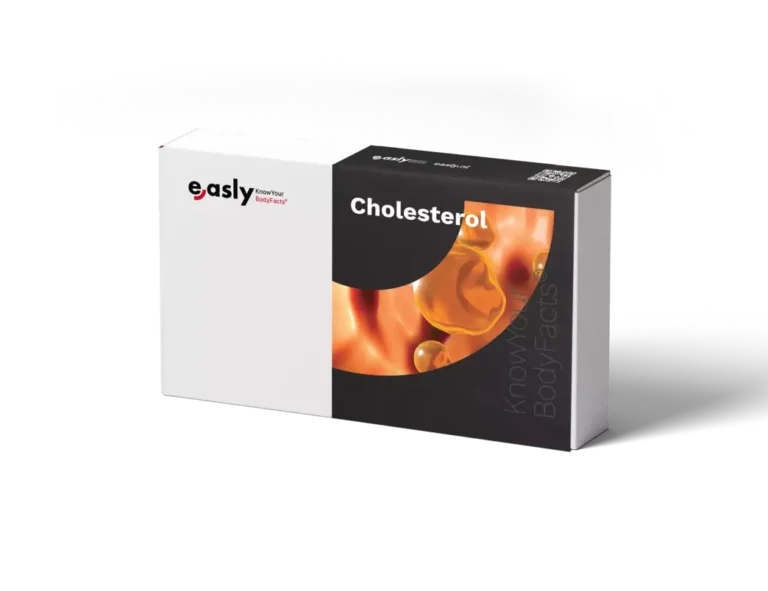
Diagnostic assessment of inflammatory markers in the blood
To determine how high someone’s inflammatory markers are, blood is drawn. Although inflammatory markers in the blood provide valuable information, they must always be interpreted in the context of the overall picture, as elevated inflammatory markers do not always indicate a medical condition. Therefore, it is important for doctors to combine the results of blood tests with other diagnostic data, such as medical history, symptoms, and physical examinations. Measuring inflammatory markers in the blood is just one piece of the puzzle.


At Easly, we offer a comprehensive blood test that you can easily take at home. This extensive general blood test not only measures the inflammatory markers mentioned in this blog but also other relevant markers in your blood. Want more information about the other markers measured in this general blood test? Be sure to read our blog on the general blood test.
Treatment of elevated inflammatory markers
Elevated inflammatory markers themselves do not always need to be treated. As discussed above, it is essential to assess inflammatory markers in the context of someone’s overall health status. Elevated inflammatory markers may not always indicate an underlying medical condition.

The treatment of elevated inflammatory markers depends strongly on any potential underlying cause. If someone is very ill, and an infection is suspected, a doctor may consider prescribing antibiotics. In the case of autoimmune diseases, specific medications may be prescribed to suppress the immune system. Sometimes, further investigation into a possible underlying condition may be necessary. Inflammatory markers can also be elevated after, for example, a surgical procedure or injury. Each specific cause requires a specific approach.
If you have symptoms and are curious whether they could be caused by any of the mentioned reasons, always make an appointment with your own (family) doctor for further investigation.


Conclusion
Inflammatory markers in the blood can provide valuable information about potential inflammatory processes in the body. Measuring inflammatory markers is a valuable addition to making a potential diagnosis, but the results must always be considered in the overall context of the patient. Elevated inflammatory markers can be caused by various factors. At Easly, we offer a comprehensive blood test, which also includes inflammatory markers. The treatment of elevated inflammatory markers depends on the underlying cause and should be addressed individually. The most important thing is to always consult a doctor for proper diagnosis and treatment if you have any symptoms.








